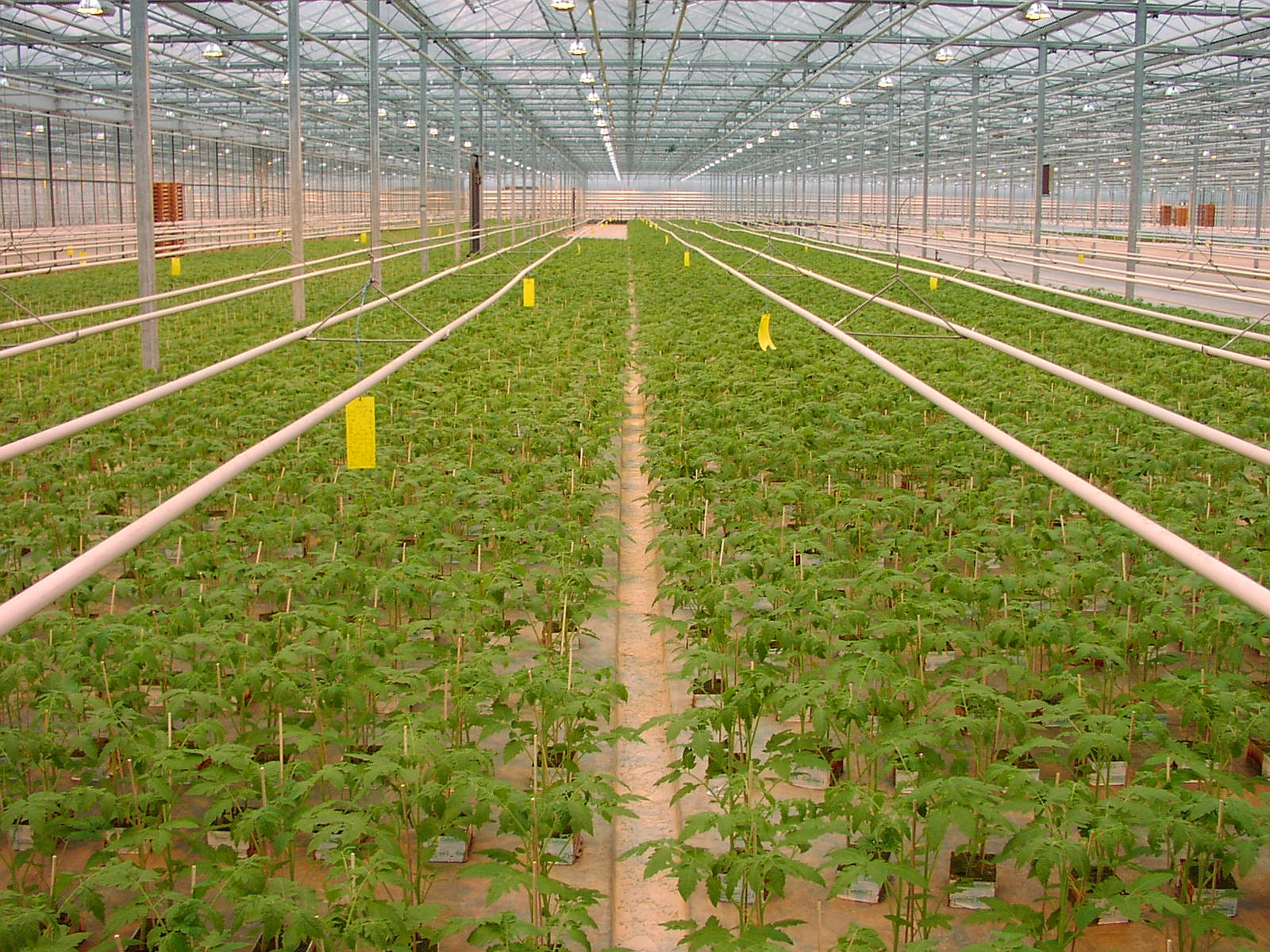The creation of an ‘internet of cyber plants’ that will combat food shortages and result in more insight in regional weather patterns and pollution. These are the goals of a research programme that is about to start and in which TU Delft has a leading role.
Climate change, pollution, growing world population and increasing urbanisation. The times ahead promise to be challenging. Especially when it comes to cultivating enough food. The Plantenna research project’s goal is to gain a greater understanding of crops climate change and pollution, with the ultimate aim of increasing yields.
Plantenna is one of five projects within the framework of the ‘High Tech for a Sustainable Future’ call by the Netherlands’ four universities of technology (TU Delft, TU Eindhoven, University of Twente, Wageningen University). In total the 4TU.Federation has awarded a total of twenty-two million euros, of which about four million has just been given to Plantenna, which is coordinated by TU Delft.
A key component of the project will be the development of sensor technology that will collect information from plants about the condition of the crop and its immediate surroundings. By linking together plants equipped with this technology in networks – an ‘internet of cyber plants’’ – the information collected can be used to monitor the climate and weather to increase crop yields through more efficient fertilisation and irrigation.
‘The plants will measure the juices that flow within them’
“Cyber plants, that term has a ring to it, doesn’t it?” says Prof Peter Steeneken of the Dynamics of Micro and Nano Systems department of the Mechanical, Maritime and Materials Engineering Faculty (3mE), who is coordinating the project. “You could also call them electronic plants. They will actually be real crop plants – we haven’t decided upon which yet – that will be able to measure the juices that flow within them and deduce information from the data on their own state and the quality of the soil and water in the ground.”
Steeneken is bringing together research groups in the fields of sensor technology, microelectronics, nanotechnology, communication, environmental plant physiology and environmental monitoring. The researchers will try to build the systems in such a way that the sensors in the plants can harvest enough energy from the plants to keep themselves going without batteries. “One option is to tap into the juices of the plants and use the electrochemical energy stored there. Or perhaps we can tap into the photosynthesis or use the movement of the plant to harvest energy,” says Steeneken.
Forming a network
The plants will send the information to a central computer. This obviously requires energy, especially if information needs to be sent over long distances. To deal with the distances, the plants must be able to communicate with one another with antennae, thus forming a network – an internet – of plants.
At TU Delft three faculties are involved in the project. Besides 3mE these are the Faculty of Electrical Engineering, Mathematics and Computer Science and the Faculty of Civil Engineering and Geosciences. Two researchers at each faculty will be contracted for the project. Researchers will also be contracted at the TU Eindhoven, University of Twente and Wageningen University (two at each university).
Prof. Remko Uijlenhoet of the Hydrology and Quantitative Water Management Group at Wageningen University has high expectations. “This collaboration brings together an interesting mix of researchers from many different fields.” His university is involved in three topics, plant hydrology being one of them. “We will investigate water uptake by vegetation, rainfall interception on the canopy, evaporation, and water storage in and water transport through the soil. Other groups will also look at physiological processes occurring in plants and screen plants using miniaturised magnetic resonance technology. We are still working out the details of the projects.”
Do you have a question or comment about this article?
tomas.vandijk@tudelft.nl


Comments are closed.